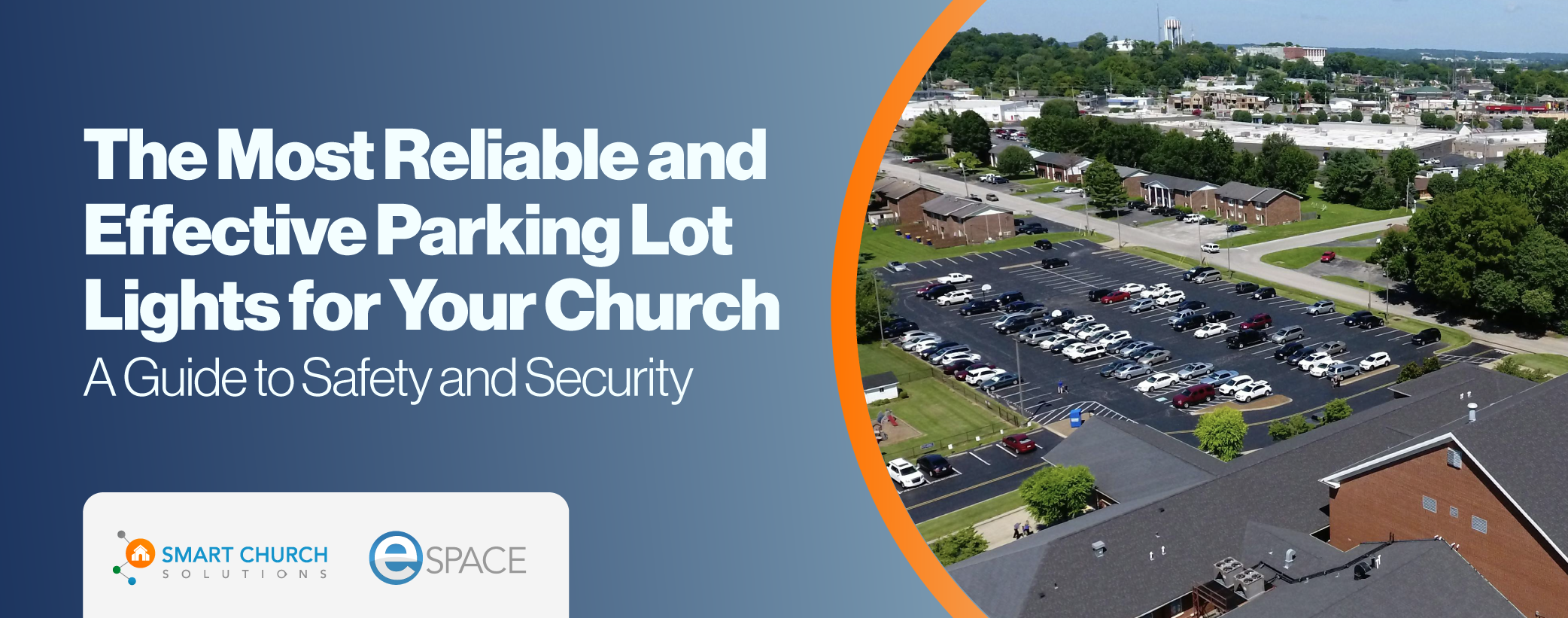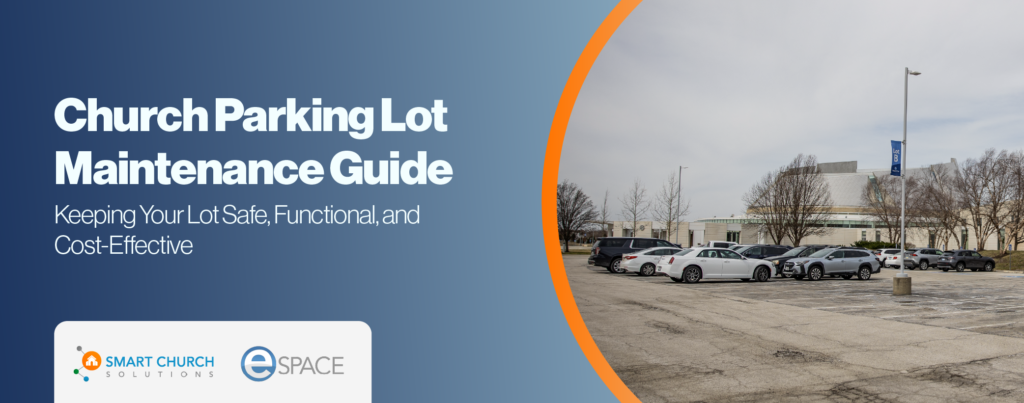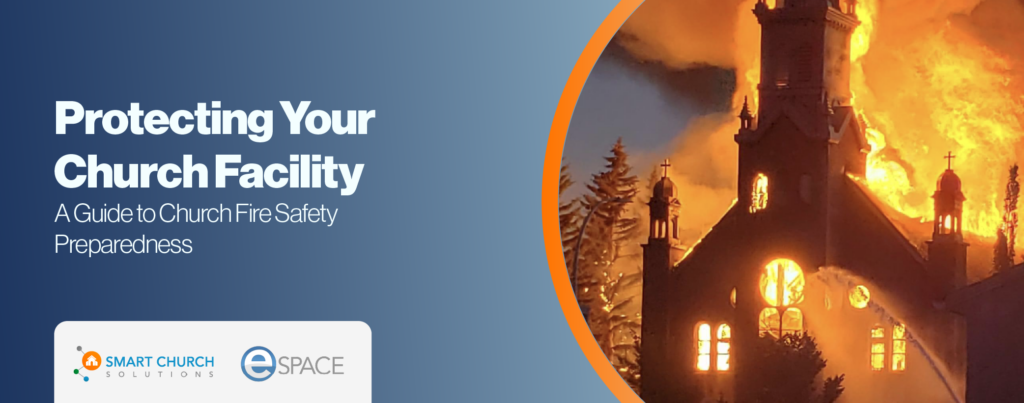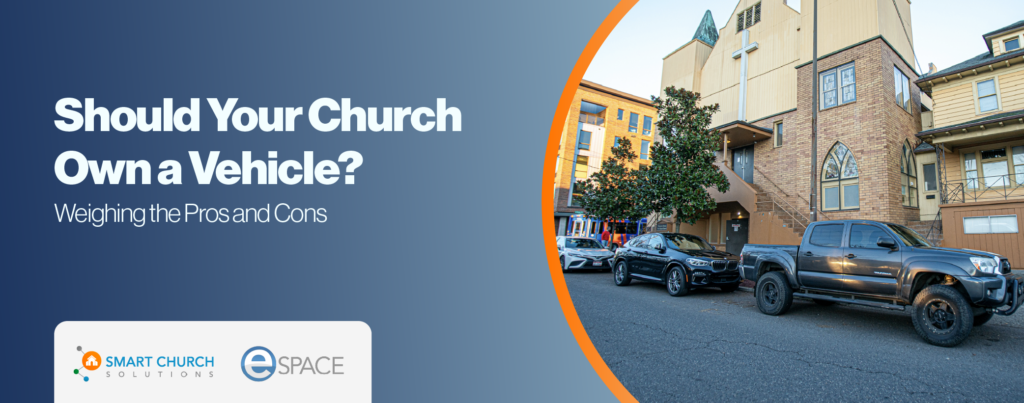A well-lit parking lot is more than just a practical necessity for churches—it’s a vital element of safety, security, and hospitality. Proper lighting ensures your congregation feels safe attending evening services or events while protecting your property from potential security risks. Beyond safety, a well-illuminated space creates a warm, inviting atmosphere reflecting your church’s commitment to care and community.
Selecting the right parking lot lights involves more than brightness; it’s about choosing energy-efficient, durable, and optimal visibility options. Ready to make your parking lot shine? Here’s our guide to selecting reliable lighting solutions and discovering maintenance tips to keep your church property welcoming and secure year-round.
Why Good Parking Lot Lighting Matters for Churches
Church parking lots are often bustling with activity, especially during services, special events, and evening gatherings. Having proper lighting ensures:
- Safety: Well-lit parking lots help prevent accidents, such as slips, trips, and falls, and reduce the risk of collisions between vehicles or pedestrians.
- Security: Adequate lighting deters theft, vandalism, and other criminal activities, providing peace of mind to your congregation.
- Visibility: Clear lighting helps drivers and pedestrians navigate the parking lot, reducing confusion and accidents.
- Welcoming Atmosphere: Bright, effective lighting creates a warm and welcoming environment for your congregation, even in the evenings or early mornings.
Types of Parking Lot Lights for Churches
When selecting the best lighting for your church’s parking lot, choosing durable, energy-efficient, and suitable lights for your space is important. Here are some of the most common types of parking lot lights:
1. LED Lights
LED (Light Emitting Diode) lights are among the most popular and effective options for church parking lots. They offer numerous benefits:
- Energy Efficiency: LED lights use up to 75% less energy than traditional lighting options, reducing your church’s electricity bills.
- Long Lifespan: LED lights can last 25,000 to 50,000 hours, meaning less frequent replacements and lower maintenance costs.
- Brightness: LEDs provide bright, clear light, enhancing visibility for drivers and pedestrians.
- Eco-Friendly: These lights contain no harmful materials like mercury and are easily recyclable.
2. Metal Halide Lights
Metal halide lights are another common outdoor lighting option. They provide bright, white light and are often used in large areas, such as parking lots.
- High Intensity: These lights offer bright, powerful illumination, making them effective in large spaces.
- Good Color Rendering: Metal halide lights provide excellent color visibility, which is important for security cameras and safety.
- Short Warm-Up Time: Unlike older technologies, metal halide lights take less time to reach full brightness.
However, metal halide lights are less energy-efficient than LEDs and have a shorter lifespan, making them more costly to maintain over time.
3. High-Pressure Sodium (HPS) Lights
HPS lights emit a warm, yellow-orange light and have been widely used for street and parking lot lighting.
- Energy-Efficient: While not as efficient as LED lights, HPS lights are still relatively energy-efficient compared to older lighting technologies.
- Long Lifespan: HPS lights have a longer lifespan than incandescent lights, reducing replacement frequency.
- Cost-Effective: They are relatively inexpensive to install.
However, their yellow-orange glow doesn’t offer the best visibility, and they are becoming less common as churches move toward more modern lighting solutions like LEDs.
4. Solar-powered Lights
Solar-powered parking lot lights are an excellent option for churches looking to reduce energy costs and be more environmentally friendly.
- Cost Savings: Since solar lights use energy from the sun, they eliminate the cost of electricity for outdoor lighting.
- Environmentally Friendly: Solar lights are a green solution, relying on renewable energy to function.
- Easy Installation: Without the need for wiring, solar lights can be installed more quickly in areas where electrical infrastructure might be difficult or costly to extend.
However, solar lights depend on sunlight, and their performance can be affected in cloudy or rainy conditions. Churches in areas with frequent bad weather might find them less reliable.
Key Features to Look for in Parking Lot Lights
When selecting parking lot lights for your church, consider the following key features to ensure they meet your needs:
Brightness and Coverage
The brightness of parking lot lights is measured in lumens. For large parking lots, you’ll need lights that provide sufficient coverage to eliminate dark spots and ensure visibility. The height of the light poles and the layout of your parking lot will affect the number of lights needed and their placement. LED lights are often the best choice for brightness and coverage.
Energy Efficiency
Energy costs can add up quickly, especially for a large church with extensive parking lot lighting. LEDs are the most energy-efficient option, but if your church has a tight budget, consider solar-powered lights to eliminate energy costs altogether.
Durability and Weather Resistance
Parking lot lights must withstand harsh weather conditions, including rain, snow, wind, and extreme temperatures. Look for lights rated for outdoor use and made from durable, weather-resistant materials.
Motion Sensors and Timers
Many modern parking lot lights come equipped with motion sensors or timers, which can help save energy. Motion sensors turn the lights on when movement is detected, and timers allow you to program the lights to turn on or off at specific times, reducing energy consumption during off-hours.
Some control companies can enable you to add the turning on and off of your parking lot lights to an event scheduling software (like eSPACE). For example, both BACnet-capable systems and Pelican Wireless systems have devices capable of tying into your line-voltage panels. If the power for the parking lot lights is separate from other items, once the proper connections are made (with the help of a licensed electrician), you can tie the functioning of the lights to a schedule set up in eSPACE. This allows for automatic updating for time changes and will enable you to quickly change the on/off times based on actual needs throughout the year.
You can do even more if you can separate lighting sections in your lots. You can create schedules for full coverage until the building closes and then drop to 50% for the rest of the night. This reduces consumption and provides light discipline for your neighbors.
Dark Sky Compliance
To reduce light pollution and maintain good relations with surrounding residential areas, look for lights that are dark sky compliant. These lights focus the illumination downward, preventing light from spilling into nearby homes or the night sky.
Installation and Maintenance of Parking Lot Lights
After selecting the right lights for your church’s parking lot, proper installation and regular maintenance will ensure they remain effective for years to come.
Installation Considerations
Proper installation is key to ensuring your parking lot lighting is both effective and safe. From meeting local safety codes to achieving consistent coverage, every detail matters. Here are a few important factors to keep in mind when installing parking lot lights to maximize their performance and impact.
- Professional Installation: It’s important to hire a licensed professional to install parking lot lights to ensure they meet local safety codes and are installed correctly.
- Pole Height and Spacing: The height of the poles and the spacing between lights should provide even lighting coverage throughout the parking lot. Consult with a lighting specialist to determine the optimal layout.
Maintenance Tips
Keeping your parking lot well-lit requires more than just installing quality lights—it’s about ongoing care and attention. Regular maintenance ensures your lighting system remains effective, safe, and inviting for your congregation and visitors. Here are some practical tips to help you maintain optimal performance and visibility for your church’s parking lot lights.
- Regular Inspections: Check your lights regularly for any signs of wear and tear, including flickering, dimming, or damage to the poles and fixtures.
- Replace Bulbs as Needed: Even though LED lights have a long lifespan, they will eventually need to be replaced. Regular inspections will help identify any lights that are no longer functioning.
- Clean Lenses: Dirt and debris can accumulate on the lenses of your lights, reducing their brightness. Clean them regularly to maintain optimal visibility.
- Trim Nearby Trees: Make sure trees or other landscaping elements don’t block the light or cause shadows in the parking lot.
Conclusion
Choosing reliable and effective parking lot lighting for your church is crucial for ensuring the safety and security of your congregation and property. LED lights stand out as the best option due to their energy efficiency, brightness, and long lifespan. However, depending on your church’s needs and location, solar-powered lights or other types of lighting may also be viable options.
By selecting the right lights and ensuring they are properly maintained, you’ll create a safe, welcoming environment for everyone who visits your church, even after dark.








